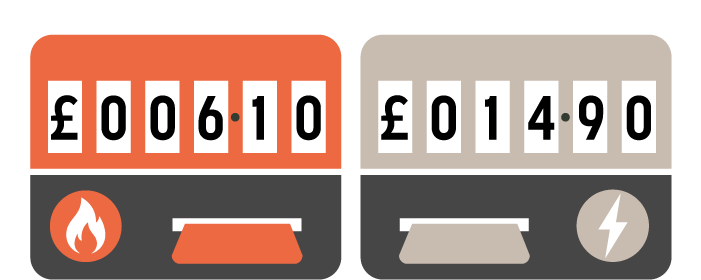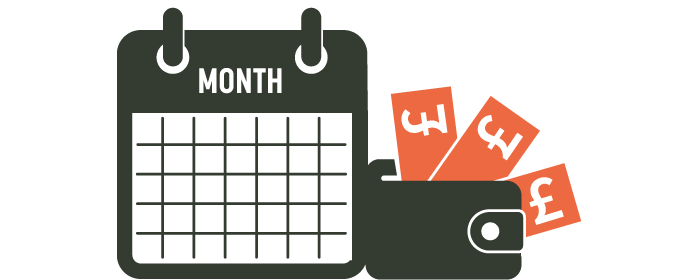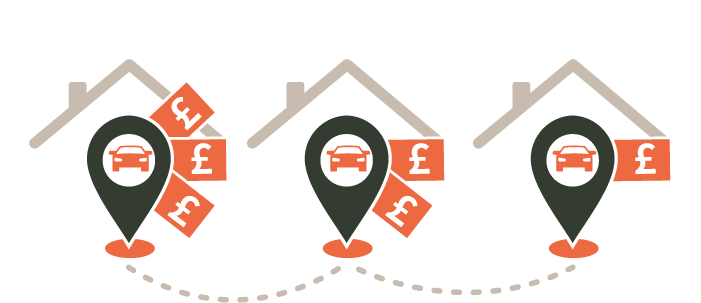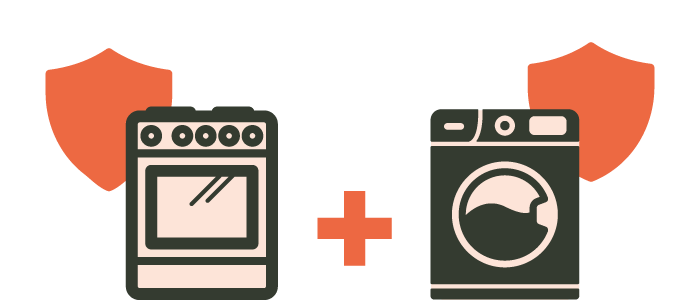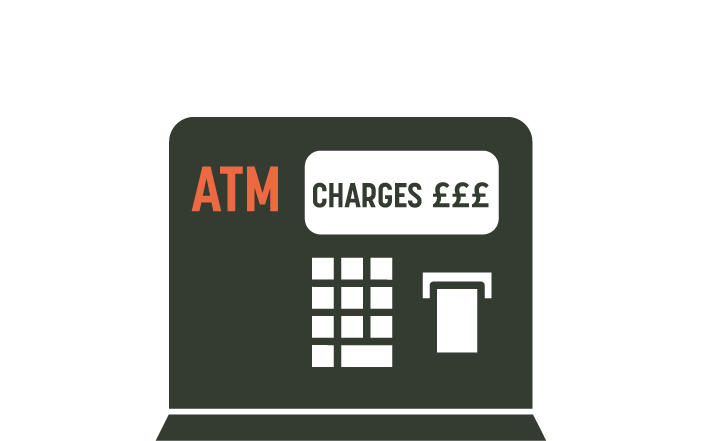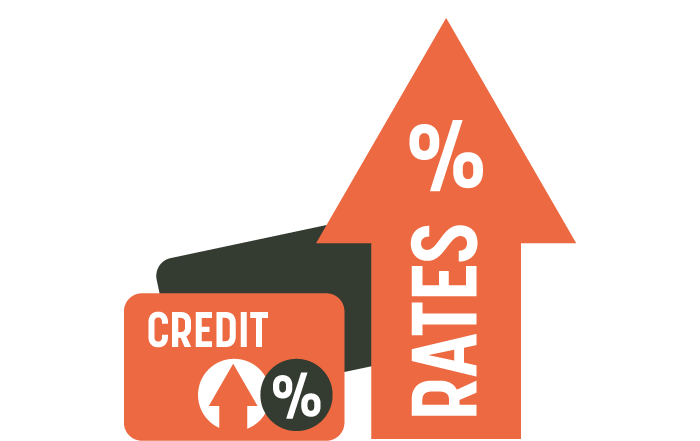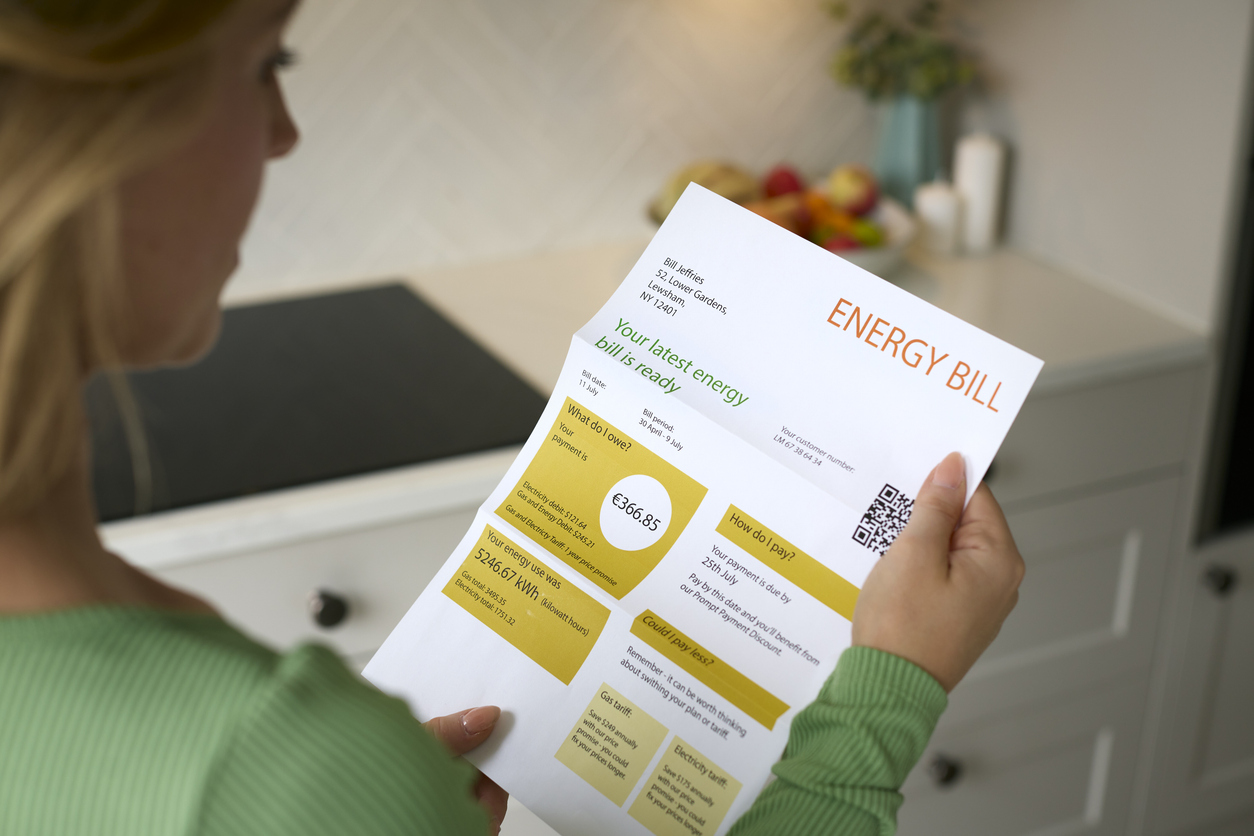HOW MUCH DOES THE POVERTY PREMIUM
To find your area type your constituency name into the search icon below.
Map developed by the University of Bristol’s Personal Finance Research Centre.
WHAT IS THE POVERTY PREMIUM?
The poverty premium is the extra costs people on low incomes and in poverty pay for essential products and services.
Examples of the poverty premium include:
USING PREPAYMENT METERS
to pay for gas and electricity supply.
USING ‘NON-STANDARD’ BILLING METHODS
e.g. paying on receipt of bill, rather than via direct debit, and paying more for insurance if it is paid for monthly instead of paying the full amount up front.
HIGHER INSURANCE PREMIUMS
for home contents or car insurance because of where you can afford to live.
USING SINGLE ITEM INSURANCE
taking out policies for individual items rather than full contents cover.
PAYING TO ACCESS CASH
through fee charging ATMs or pre paid cards.
USING HIGH COST CREDIT
such as high interest loans and credit cards.
£2.8
BILLION
The total cost of the poverty premium to the British economy
£4.5
MILLION
The average cost of the poverty premium to each constituency’s economy

